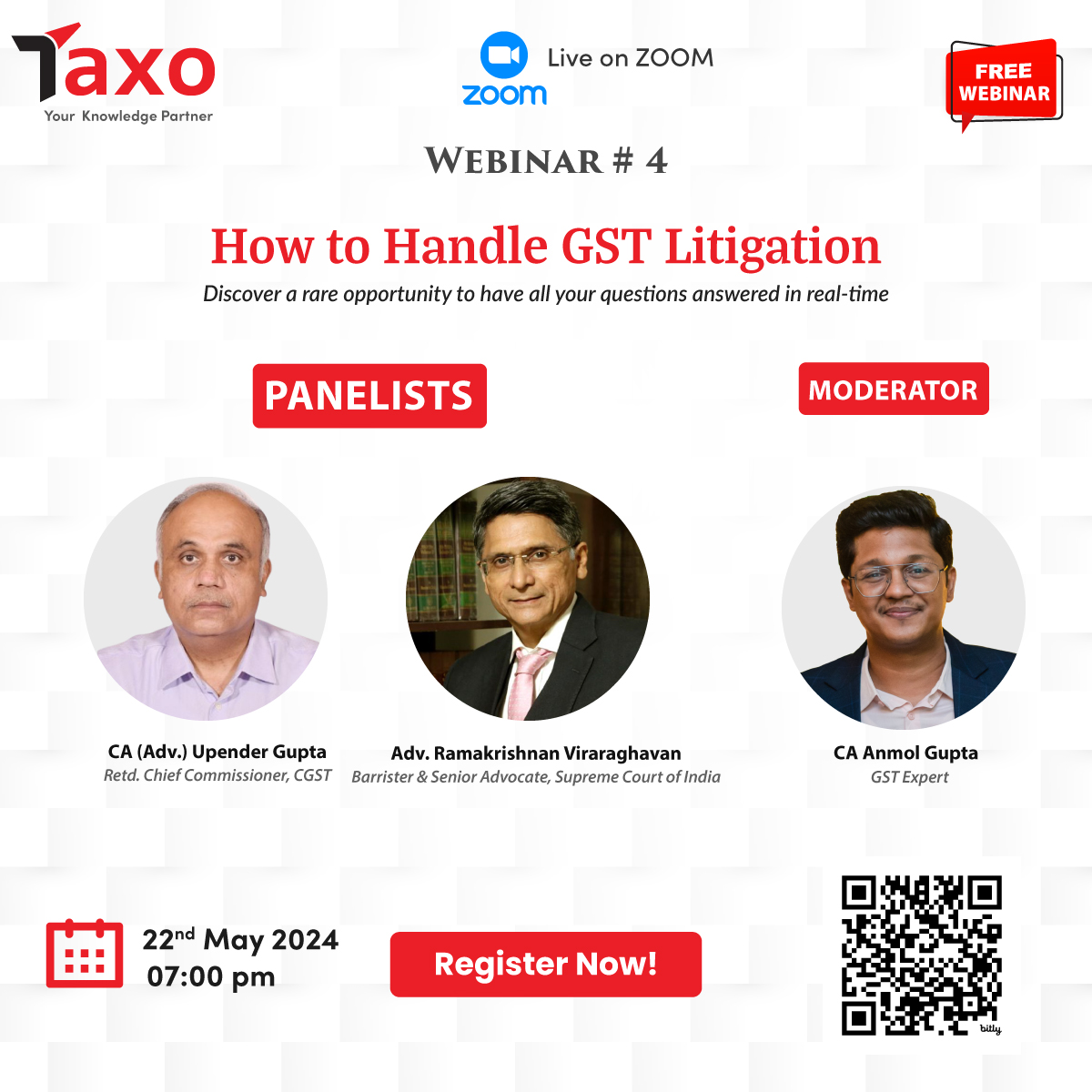On the basis of representations made before various authorities, the Central Board of Excise and Customs has issued Circular no 174/9/2013- ST dated 25.11.2013 to provide further clarification on various issues under the Voluntary Compliance Encouragement Scheme, 2013 (VCES) and will be effective from 10.05.2013. For ready reference, issues and clarification, the extract of circular has been reproduced below:
|
S.No.
|
Issue raised
|
Clarification
|
|
1
|
An instance was brought to notice wherein a declaration was returned probably on the ground that it was incomplete.
|
As has already been directed by the Board, vide the said letter dated 22.8.2013 (para 2.4 of the letter), the designated authority shall ensure that no declaration is returned. In all cases, declaration should be promptly received and duly acknowledged. Request for clarification should be dealt with promptly. Defects in the application, if any, should be explained to the declarant and possible assistance be provided in rectifying these defects. The effort must be to accept a declaration, as far as possible, and recover the arrears of tax.
|
|
2
|
An apprehension was raised that declarations are being considered for rejection under section 106 (2) of the Finance Act, 2013, even though the “tax dues” pertain to an issue or a period which is different from the issue or the period for which inquiry /investigation or audit was pending as on 1.3.2013.
|
Section 106(2) prescribes four conditions that would lead to rejection of declaration, namely,
(a) an inquiry or investigation in respect of a service tax not levied or not paid or short-levied or short-paid has been initiated by way of,-
(i) search of premises under section 82 of the Finance Act,1994 ; or
(ii) issuance of summons under section 14 of the Central Excise Act, 1944; or
(iii) requiring production of accounts, documents or other evidence under the Finance Act, 1994 or the rules made there under; or
(b) an audit has been initiated,
and such inquiry, investigation or audit was pending as on the 1st day of March, 2013.
These conditions may be construed strictly and narrowly. The concerned Commissioner may ensure that no declaration is rejected on frivolous grounds or by taking a wider interpretation of the conditions enumerated in section 106(2). If the issue or the period of inquiry, investigation or audit is identifiable from summons or any other document, the declaration in respect of such period or issue alone will be liable for rejection under the said provision.
Examples:
(1) If an inquiry, investigation or audit, pending as on 1.3.2013 was being carried out for the period from 2008-2011, benefit of VCES would be eligible in respect of ‘tax dues’ for the year 2012, i.e., period not covered by the inquiry, investigation or audit.
(2) If an inquiry or investigation, pending as on 1.3.2013 was in respect of a specific issue, say renting of immovable property, benefit of VCES would be eligible in respect of ‘tax dues’ concerning any other issue in respect of which no inquiry or investigation was pending as on 1.3.2013.
It is also reiterated that the designated authority, if he has reasons to believe that the declaration is covered by section 106(2), shall give a notice of intention to reject the declaration within 30 days of the date of filing of the declaration stating such reasons to reject the declaration. Commissioners should ensure that this time line is followed scrupulously.
|
|
3
|
Whether benefit of VCES would be available in cases where documents like balance sheet, profit and loss account etc. are called for by department in the inquiries of roving nature, while quoting authority of section 14 of the Central Excise Act in a routine manner.
|
The designated authority/ Commissioner concerned may take a view on merit, taking into account the facts and circumstances of each case as to whether the inquiry is of roving nature or whether the provisions of section 106 (2) are attracted in such cases.
|
|
4
|
Whether the benefit of the Scheme shall be admissible in respect of any amount covered under the definition of ‘taxes dues’, as defined in the Scheme, if paid by an assesses after the date of the Scheme coming into effect, (i.e., 10.5.2013), but before a declaration is filed
|
Yes, benefit of the Scheme would be available if such amount is declared under the Scheme subsequently, along with the remaining tax dues, if any, provided that Cenvat credit has not been utilized for payment of such amount.
Example:
A person has tax dues of Rs 10 lakh. He makes a payment of Rs 2 lakh on 15.5.2013, without making a declaration under VCES. He does not utilize Cenvat credit for paying this amount. Subsequently, he makes declaration under VCES on 1.7.2013. He may declare his tax dues as Rs 10 lakh. Rs 2 lakh paid before making the declaration will be considered as payment under VCES.
|
|
5
|
Whether declaration can be made in such case where service tax pertaining to the period covered by the Scheme along with interest has already been paid by the parties, before the Scheme came into effect, so as to get waiver from penalty and other proceedings?
|
As no “tax dues” is pending in such case, declaration cannot be filed under VCES. However, there may be a case for taking a lenient view on the issue of penalties under the provision of the Finance Act, 1994. In this regard attention is invited to section 73 (3) and section 80 of the Finance Act, 1994.
|


